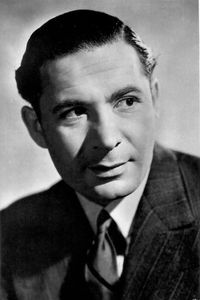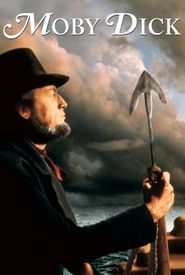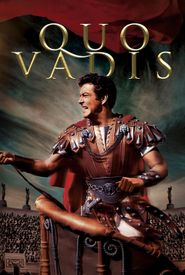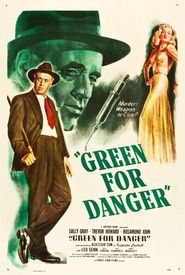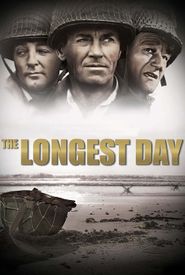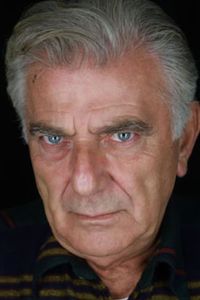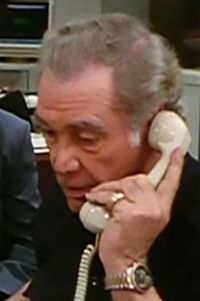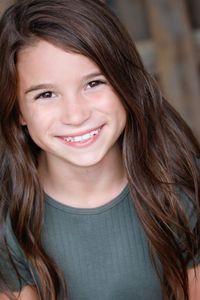Here is the biography of Leo Genn:
Leo Genn was the son of a successful jewelry merchant, Woolfe (William) Genn, and his wife Rachel Asserson. He attended the City of London School as a youth and went on to study law at Cambridge. Genn received his law degree and became a qualified barrister. He began practicing law in 1928, but acting caught his eye, and he made his stage debut in 1930.
Genn's first screen role was as Shakespeare's Shylock in the UK production "The Immortal Gentleman" (1935). He spent two years (1934-36) as a member of the Old Vic Company, appearing in many productions of Shakespeare. Genn's neutral British accent and smooth, authoritative voice made him a versatile actor.
In the 1930s, Genn appeared in several films, including "Accused" (1936),"The Drum" (1938),and "Pygmalion" (1938). He also starred in the stage hit "The Flashing Stream" (1938) and made his American debut in 1939.
During World War II, Genn joined the Royal Artillery and received a rank of Lieutenant Colonel. He was given leave to appear in two flag-waver movies, including "Henry V" (1944),in which he played the Constable of France.
After the war, Genn returned to law counseling and served as an assistant prosecutor in the tribunals investigating Nazi war crimes. He also appeared in several films, including "Mourning Becomes Electra" (1947) and "The Velvet Touch" (1948).
In the 1950s, Genn appeared in several films, including "Quo Vadis" (1951),for which he received a Best Supporting Actor Oscar nomination, and "Plymouth Adventure" (1952). He also helped grace some of the most ambitious films of the later 1950s and 1960s, including "Moby Dick" (1956),"The Longest Day" (1962),and "55 Days at Peking" (1963).
Throughout his career, Genn also worked in television, appearing in both American and British programs, as well as US/UK episodic series. He continued to work on Broadway, making six appearances on the Great White Way, including a short run of "The Only Game in Town" in 1968. Genn's voice was also in demand, and he narrated several films, including the royal coronation programs of 1937 and 1953.
